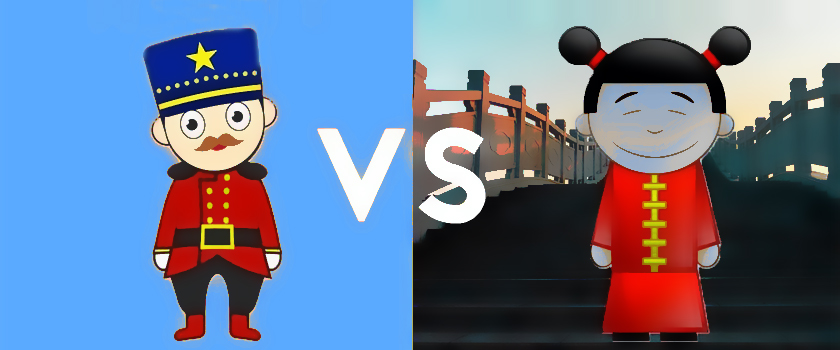China and Western country have many differences in culture, political and geography. If we want to compare expressions between English and Chinese. We have to talk something on culture, since language is influenced by culture and reflects it. Each nation has its own cultural pattern and language is the carrier of culture. So we can say language can reflect the characteristic of a nation.
The most frequently used greetings in English are “Hi”, “How are you?”, “How are you doing?”, “What’s up?”, etc. People say “How do you do?” when they meet for the first time. People also geet each other by saying “(good) morning” before noon.
They even say “good morning” when taking their leave. For example, “Good morning, doctor, I hope I’ll see you again soon.” At other times, they would say “good afternoon.”, “Good evening.”, “Have a nice day.”, “Enjoy your weekend.” And “Good night.” When they part in the evening.
Read Also: English of Chinese Medicine 2
For those expression there are no equivalents in Chinese except for “ni zao”(good morning) and “ni hao”(hi). Chinese people would say “ni hao” in the afternoon and in the evening instead of “xia wu hao”(good afternoon), “wan shang hao”, or “wan’an”(good evening). There are also special ways to extend greeting in Chinese.
Besides “bye”, “bye-bye” and “goodbye”, English speakers often say “It’s nice meeting you.”, “I’m glad to have met you.” And “I wish you a pleasant journey.”, etc. There are similar expression in Chinese, such as “zai jian”(good bye), “yi lu shun feng”(I wish you a pleasant journey), and “xing hui”(nice meeting you). A Chinese host often says to his guest “man zou”(walk slowly) and “zou hao” (watch your steps). The guest would answer “qing hui” or “qing liu bu”(don’t bother to see me off).
Are you looking for Chinese Translation? We are here for your assistance.
English speakers would say “thank you” immediately when praised. While Chinese people often use expressions of negation to show their modesty. The common expressions used when one is praised are “nail, nali”(I’m flattered.), “Guo jiang le.”(You are flattering me.), “Bu gan dang” or “Bu gan, bu gan.” (I really don’t deserve this .), “Cha de yuan le”(I am not up to your praise.), and so on. For example, a says to B “Ni zhe jian mao yi zhen piao liang!” (what a beautiful sweater !), B would answer “piao liang shen me, dou chuan hao ji nian le.” (Beautiful? No, I have been wearing this sweater for many years).
Take a look at how we helped our client by localizing their project for Chinese language. Click here to read the complete case study



